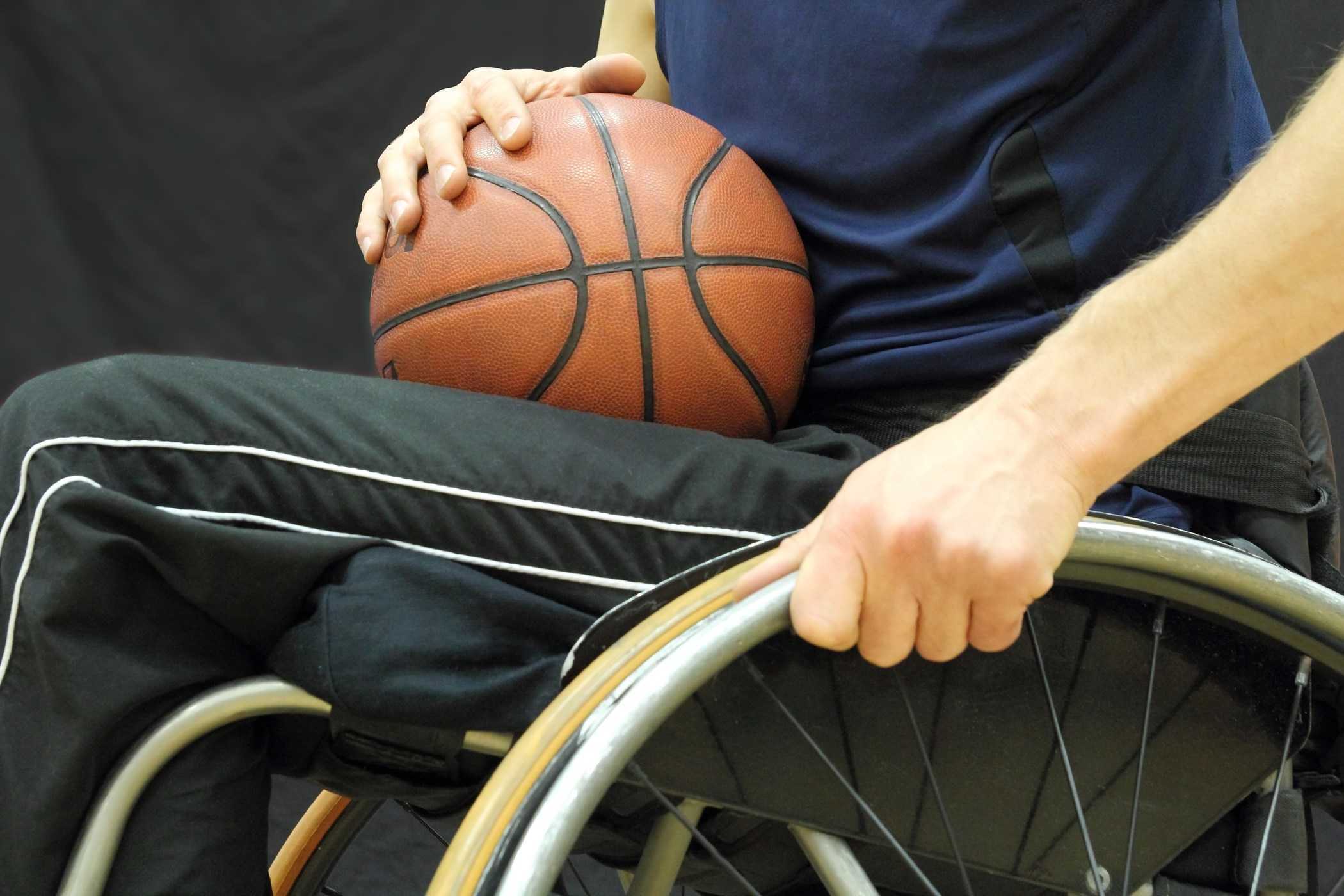Contents:
Medical Video: Laparoscopic Roux-en-Y Gastric Bypass
Definition
What is gastric bypass?
Gastric bypass (or Roux-en-Y) will 'stapler' the stomach and make the stomach sac smaller, and penetrate the stomach and part of the intestine. This will make you feel full faster and reduce your portion of food, also reduce absorption of calories in food.
Is gastric bypass suitable for me?
If your body mass index is above 40 or above 35 with type 2 diabetes or high blood pressure, this surgery can help you reduce your weight in the long run.
Your surgeon will ensure your body mass index and carry out a detailed assessment before deciding whether the surgery is right for you or not.
What are the benefits of gastric bypass?
You can lose weight in the long run, but this also depends on how you maintain your lifestyle. Long-term weight loss can also help with obesity problems that you have.
Prevention & warning
What do I need to know before undergoing gastric bypass?
Steps for weight loss include reducing food portions, improving diet, and exercising more. Some medications given by doctors can also help with weight loss. There are several surgical options other than gastric bypass, such as gastric banding, shortening the digestive tract and sleeve gastrectomy. Can also use gastric balloon, but gastric balloon can only last up to 9 months.
Process
What should I do before undergoing gastric bypass surgery?
Discuss with your doctor about medications you are taking, allergies, or other health conditions before undergoing surgery. It is important for you to follow the doctor's instructions to stop eating or drinking before surgery. Before surgery, arrange a meeting with your anesthetist. It is important for you to follow the doctor's instructions to stop eating or drinking before surgery. You will be given instructions before surgery, such as whether you are allowed to eat before surgery. In general, you must fast 6 hours before the procedure begins. You may be allowed to drink fluids, such as coffee, a few hours before surgery.
What is the process of gastric banding?
Surgery is usually performed under general anesthesia and lasts for about 2 to 4 hours. The surgeon will make several small incisions in the abdomen. Equipment such as a telescope will be inserted into the stomach for surgery. The surgeon will make access to the back of your stomach. The staple equipment will be inserted and glue your stomach to make a smaller stomach. Then the surgeon will divide the small intestine under your stomach. The tip of the intestine is then connected to the new stomach. The contents of the stomach will 'cut the way' through the remaining part of the stomach and the first part of the small intestine.
What should I do after undergoing gastric bypass?
You are allowed to go home the next day. You can only consume fluids for several weeks, slowly consume fine foods, then after 4 to 6 weeks can only start solid food. Rest for some time before returning to work. You can return to work after 2 to 4 weeks, depending on your level of operation and type of activity. Exercising can help you return to your normal activities. Consult your doctor first. On average, people who undergo gastric bypass can eliminate half of the excess weight.
Complications
What complications can occur?
Like other procedures, there are several possible risks. Ask the surgeon to explain the risks to you. Possible complications in the procedure generally can include reactions to anesthesia, bleeding, or clots in the blood (deep vein thrombosis, DVT).
In a laparoscopic gastric bypass procedure, there are several possible complications, such as:
● damage to structures such as the intestine, bladder or blood vessels
● surgical emphysema
● the appearance of a hernia around the incision
● stenosis in the stomach
● bleeding on the stapled part
● anastomosis leak
● the appearance of a hernia in the stomach
● death.
In addition, long-term complications that might occur:
● changes in urination or diarrhea habits
● lack of nutrition
● anastomotic ulcer
● the appearance of gallstones
You can minimize the risk of complications by following instructions from a doctor before surgery, such as fasting and stopping taking certain drugs.
Hello Health Group does not provide medical advice, diagnosis or treatment.











